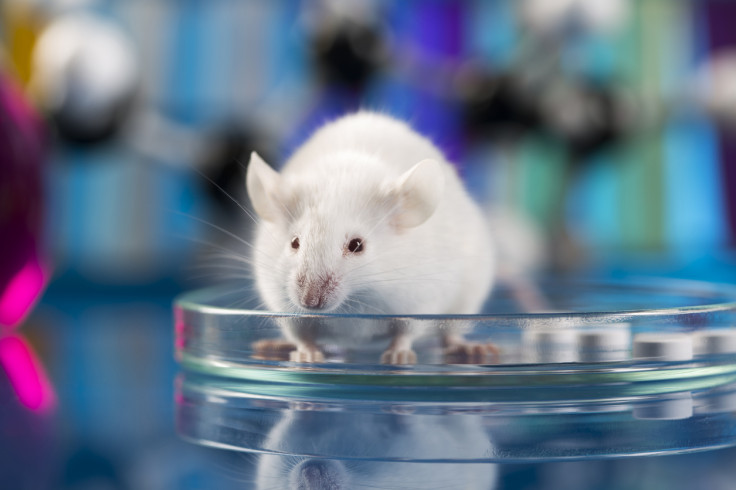How stress in early life increases the risk of depression in adults
The gene OTX2 was involved in the process.

Scientists have learnt more about why some people exposed to stress early in life are more susceptible to depression. They have for the first time uncovered the brain-based mechanism involved in this relationship between stress and depression.
Depression is thought to affect more than 300 million people globally and is considered the leading cause of disability worldwide. It is now clinically well established that stress at a young age – whether linked to abuse and maltreatment, socioeconomic deprivation or illness in childhood – can increase the risk of some individuals developing depression or other psychiatric conditions.
However, to date, the neurobiology behind this phenomenon had not been well understood. A study now published in the journal Science sheds a new light on the subject.
"This is an animal study, but using very well established models of stress and depression. The authors demonstrate good evidence for a brain-based mechanism that underpins the effects of stress in early life on susceptibility to depression in adulthood. This is really the first solid evidence that indicates not only a specific brain area involved in this mechanism, but also a particular gene," Gareth Cuttle, neuroscientist and spokesperson for the Royal College of Psychiatrists, told IBTimes UK.
Stressed young mice
In this research, scientists studied an area of the brain known as the ventral tegmental area (VTA) in young mice exposed to stress, either during an "early" postnatal period (2 to 12 days after birth) or during a "late" postnatal period (approximately 10 to 20 days after birth). The VTA is a a reward region known to play a role in mood and depression.
They observed that stress in the 'older' young mice caused them to be more susceptible to depression-like behaviours as adults. But this was not the case for the younger mice.
Furthermore, the scientists established that a gene called OTX2 was involved in this process. This gene codes for a special type of protein known as transcription factor, which in turn activates a range of other genes.

They showed that blocking the activity of OTX2 in young mice enhanced their susceptibility to depression as adults, while increasing the expression of OTX2 helped reverse the effects of early life stress.
These findings suggest that a reduced expression of OTX2 may explain why in some environments, some people affected by stress as children are more vulnerable than others to depression as they enter adulthood. The scientists also indicate that there might be a possibility of removing the effects of the early life stress on later susceptibility to depression - but treatments to do so are still a long way away, especially considering that this research was so far only carried out in mice.
"These findings are very useful to draw conclusions about the mechanisms that might give way to stress and depression susceptibility in later life. But we still a step away from any particular treatment that might end up targeting those mechanisms in humans," Cuttle explained.
"We would need to develop a treatment that would act specifically on that transcription factor. Another promise carried by this study is that the OTX2 gene is very well localised in the brain so that would be of some advantage if you were to design a treatment, because that would limit the risk of side effects on other parts of the brain."
© Copyright IBTimes 2025. All rights reserved.






















